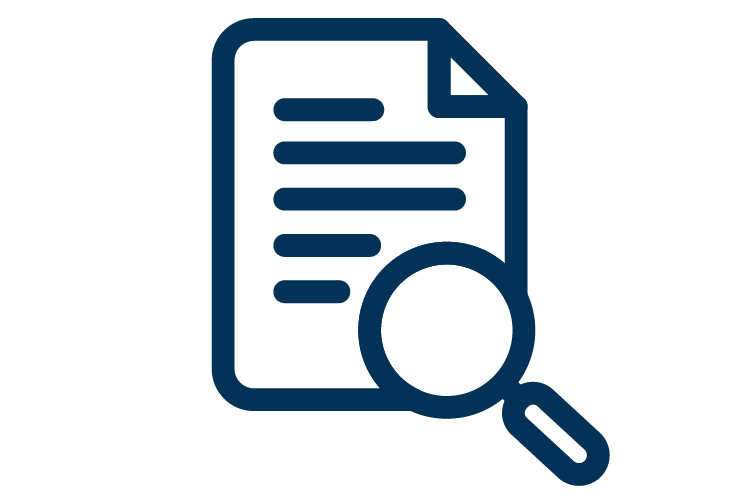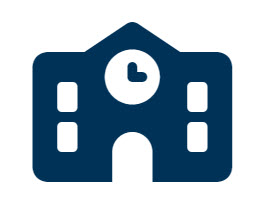
In This Issue
- July Monthly Message from the FDIC
- Money Smart and Teaching Military Personnel
- Success Story
- Upcoming Money Smart Event
- Latest FDIC Consumer News Edition
- Tips and Techniques
July Monthly Message from the FDIC
National Military Consumer Protection Month is observed in July. It is a time to increase the financial readiness of servicemembers, veterans, and military families. Military families make enormous sacrifices for our nation, but as a result of their service, they often face unique financial challenges, especially with credit. The FDIC Money Smart webpage is a great place to start, or continue, to learn more about how credit works and how to manage it. Visit FDIC How Money Smart Are You? modules of Borrowing Basics, Credit Reports and Scores, and Using Credit Cards for further information.
Money Smart and Teaching Military Personnel
According to Military One Source, more than half of the enlisted military personnel in the United States are 25 years old or younger. Another 21 percent are between 26 and 30. These are the ages when many young adults begin establishing a banking relationship and entering into the credit system.
Financial education from a respected source is essential since many young adults turn to social media for financial advice. If you are teaching financial education to young military personnel, Money Smart for Young Adults (MSYA) may work for you. This 12-module training course covers goals, budgets, deposit products, credit (including car and education financing), living away from home, and protection of assets.
When teaching about deposit accounts, you can find assistance at Get Banked! On that page, you will find information on the benefits of having a bank account, information on how to choose an account, and a list of items necessary to open an account. You can also find a list of banks in your area or open a bank account online. If you have additional questions, please refer to the frequently asked questions section.
From student and car loans to mortgages, credit education is important. When discussing student loans, you may want to include the U.S. Department of Education’s Considerations When Taking Out Federal Student Loans and For Members of the U.S. Armed Forces: What you need to know about your federal student loan benefits. For mortgages, you can consult the FDIC Affordable Mortgage Lending Guide or the U.S. Department of Veterans Affairs’ VA-backed Veterans home loans. Free credit reports are available at Annual Free Credit Report.
Helping military personnel protect their hard-earned assets is important. In addition to MSYA, you may want to use the Scams that Target Veterans module from our Money Smart for Older Adults curriculum. You can also read the FDIC Consumer New articles from November 2022: Servicemembers on the Move and, July 2021: Financial Success While in the Military.
If “teaching by play” is your preferred method, you can always use “How Money Smart Are You?”. It can be a stand-alone teaching tool or used in conjunction with MSYA. It follows the Money Smart curriculum and offers training on goals, budgets, deposit products, credit (including car and education financing), living away from home, and protecting assets, in a game format.
Whichever Money Smart program is used to teach military personnel, let us know at MoneySmartNews@fdic.gov. We would be happy to feature your business in an upcoming Money Smart Newsletter.
Other useful resources:
Consumer Financial Protection Bureau: Financial Resources for Your Military Career
U.S. Department of Veterans Affairs: Veterans Benefits Banking Program
National Credit Union Administration: Financial Well-Being of Servicemembers & Their Families
Success Story
“How Money Smart Are You? is very engaging. Our veterans like the atmosphere of the game and learn from the examples of the people,” said Michelle Lewis, Financial Empowerment Program Coordinator at Swords to Plowshares.
Swords to Plowshares, a Money Smart Alliance member, is a community-based nonprofit that supports nearly 3,000 homeless, low-income, and at-risk veterans in the San Francisco Bay area. They assist veterans in finding housing and other essentials. “Approximately 60 percent of our veterans receive less than $1,200 a month,” commented Ms. Lewis.
Twice a month since 2010, Swords to Plowshares hosts financial courses, one at the Veterans’ Center in San Francisco and one at the Veterans’ Center in Oakland. To make the learning fun, Ms. Lewis uses How Money Smart Are You? in a game show-like atmosphere. She reads the question, a veteran answers the question, and then the group discusses the answers. Pizza is usually served and small gift cards are given away at the end of the session.
“Sometimes veterans will tell me that no one wants my credit score or cares about my credit score. We talk about how important that credit score is …in getting an apartment, a job, or other things.” Ms. Lewis said. “I will see veterans at the centers who have gone through the course and they let me know that their credit scores have improved.”
Most of the veterans that Swords to Plowshares serves do not have computers or cell phones, so promoting the courses are done by posters and fliers in the Veterans’ Centers and via email blasts.
Congratulations to Swords to Plowshares and Michelle Lewis for a successful Money Smart program. If you have a Money Smart success story you would like to tell us about, please contact MoneySmartNews@fdic.gov. We would enjoy highlighting your programs in a future edition of this newsletter.
Upcoming Money Smart Event
The FDIC will host a Back to School training featuring Money Smart for Young People on August 21, 2024 from 1:00 to 2:00 PM ET. The MSYP is a set of four grade-specific curricula, which include lesson plans and Parent/Caregiver Guides to help educators deliver basic financial concepts to students Pre-K through 12th grade. To register or find out more information, please click here.
Latest FDIC Consumer News Edition
The July 2024 edition of the FDIC Consumer News is titled “Is Your Bank Branch Closing or Merging?” The article provides information to help you to determine what your options are in this scenario. For more information on Bank Branch changes, read the article here.
Tips and Techniques
When assembling a financial literacy presentation, consider ALL of the FDIC Money Smart content. For instance, the SMART goal setting takeaway from Module 2 of Money Smart for Young Adults can be refreshed and incorporated into other modules as a means for achieving objectives, such as making a spending and saving plan. It adds an action-oriented element for participant success.
Additional Links

Money Smart Alliance
Learn, collaborate and grow with FDIC’s recognized organizations that use Money Smart.
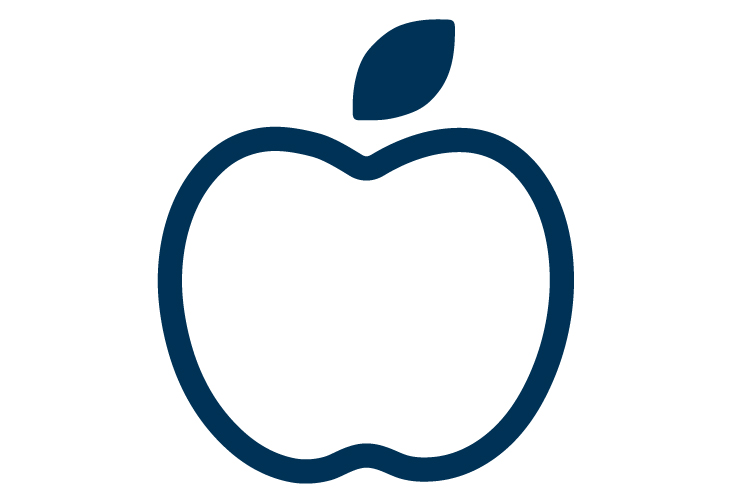
Teacher Online Resource Center
Here you will find tools to help you teach financial education including lesson plans, videos, and other resources
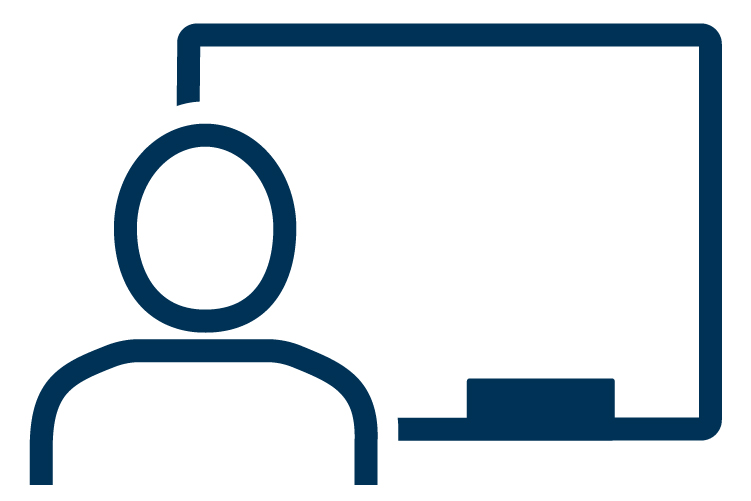
Train-the-Trainer Program
Provides guidance with videos, workshops, and webinars
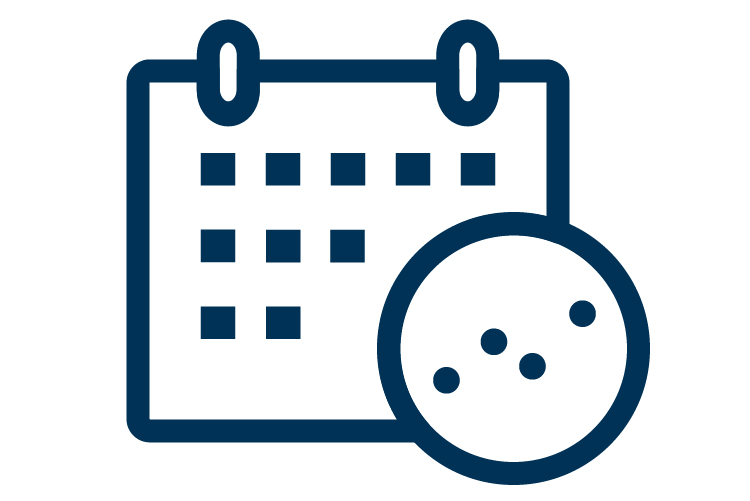
Training & Events
Announcements of upcoming Money Smart events for Train-the-Trainer and Small Business events

